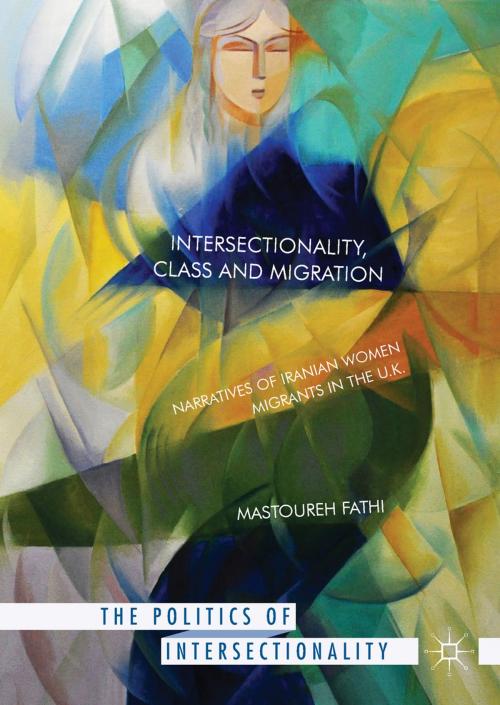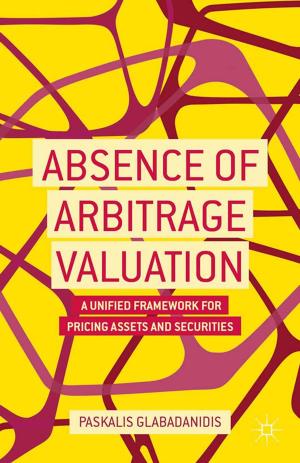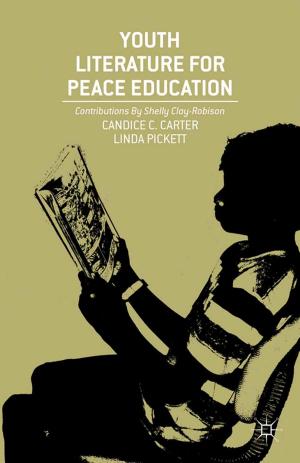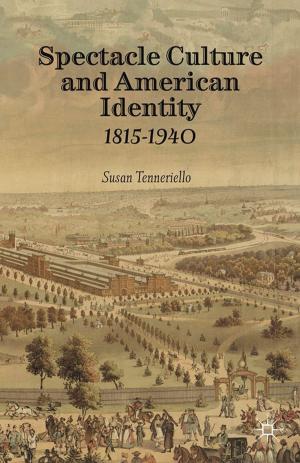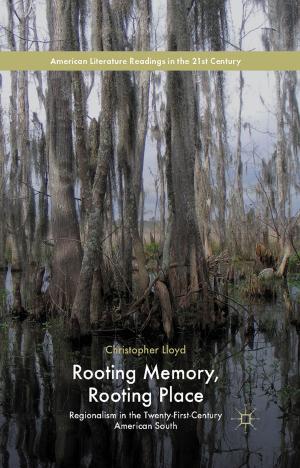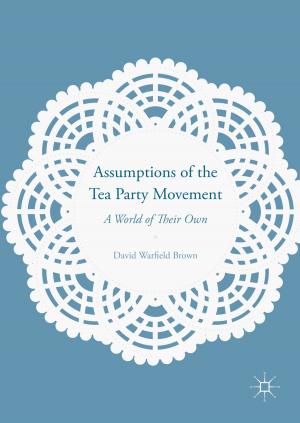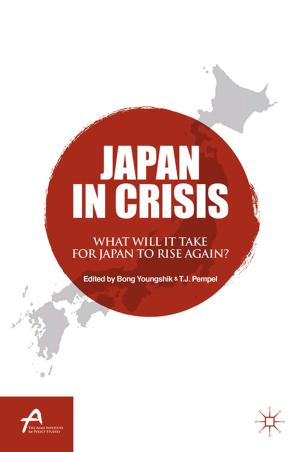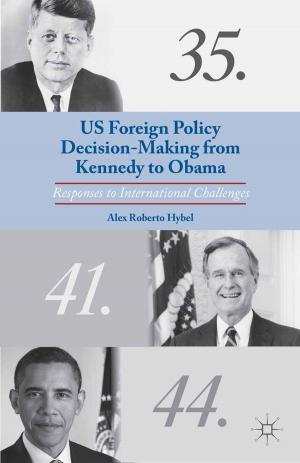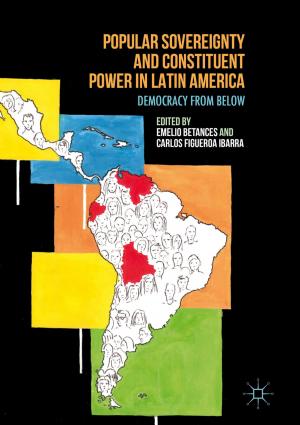Intersectionality, Class and Migration
Narratives of Iranian Women Migrants in the U.K.
Nonfiction, Social & Cultural Studies, Political Science, Government, Civics, Social Science, Cultural Studies, Emigration & Immigration| Author: | Mastoureh Fathi | ISBN: | 9781137525307 |
| Publisher: | Palgrave Macmillan US | Publication: | October 11, 2017 |
| Imprint: | Palgrave Macmillan | Language: | English |
| Author: | Mastoureh Fathi |
| ISBN: | 9781137525307 |
| Publisher: | Palgrave Macmillan US |
| Publication: | October 11, 2017 |
| Imprint: | Palgrave Macmillan |
| Language: | English |
This book offers critical analysis of everyday narratives of Iranian middle class migrants who use their social class and careers to "fit in" with British society. Based on a series of interviews and participant observations with two cohorts of "privileged" Iranian migrant women working as doctors, dentists and academics in Britain—groups that are usually absent from studies around migration, marginality and intersectionality—the book applies narrative analysis and intersectionality to critically analyse social class in relation to gender, ethnicity, places and sense of belonging in Britain. As concepts such as "Nation," "Migrant," "Native," "Other," "Security," and "Border" have populated public and policy discourse, it is vital to explore migrants’ experiences and perceptions of the society in which they live, to answer deceptively simple questions such as "What does class mean?"* and *"How is class translated in the lives of migrants?"
This book offers critical analysis of everyday narratives of Iranian middle class migrants who use their social class and careers to "fit in" with British society. Based on a series of interviews and participant observations with two cohorts of "privileged" Iranian migrant women working as doctors, dentists and academics in Britain—groups that are usually absent from studies around migration, marginality and intersectionality—the book applies narrative analysis and intersectionality to critically analyse social class in relation to gender, ethnicity, places and sense of belonging in Britain. As concepts such as "Nation," "Migrant," "Native," "Other," "Security," and "Border" have populated public and policy discourse, it is vital to explore migrants’ experiences and perceptions of the society in which they live, to answer deceptively simple questions such as "What does class mean?"* and *"How is class translated in the lives of migrants?"
